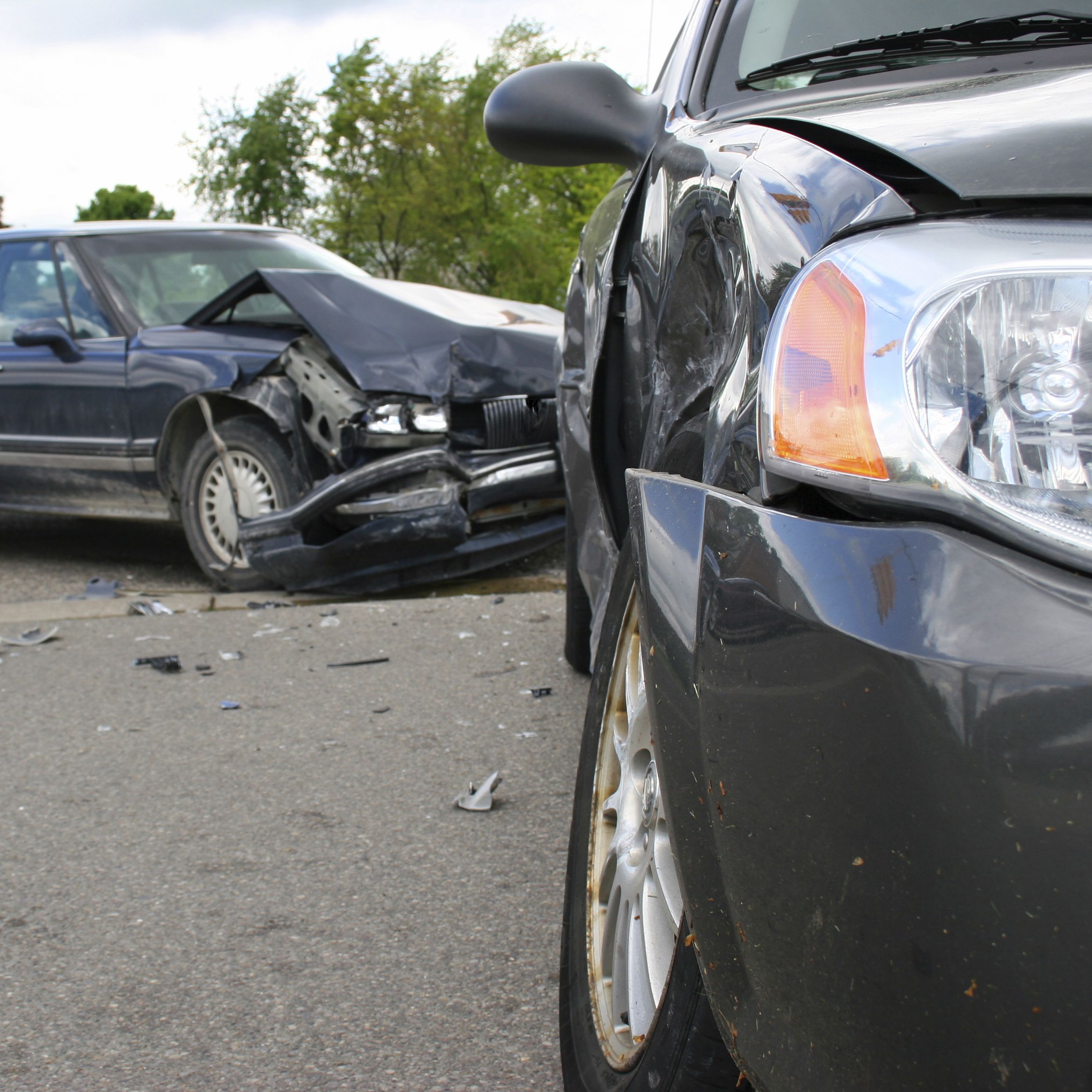
Car accidents can have serious repercussions, leaving victims with extensive medical bills, years of rehabilitation, and the financial burden of lost wages.
Receiving a settlement from the other driver’s insurance can help alleviate financial strain after a car accident. In order to receive a fair settlement, it is often necessary to prove fault and demonstrate that the other driver was solely or more responsible for the accident.
The attorneys of Bowles & Verna LLP explain how fault in car accidents can be proven using citations. Contact our San Francisco Bay Area practice for more information.
What Are Citations?
A citation is a type of notice written by a police officer to inform someone that the officer has observed evidence that he or she has committed a traffic violation.
A citation, also called a ticket, can be written for any traffic violation a police officer sees evidence of occurring at the time of a car accident. Officers include detailed information within a citation, such as the date, time, and place of a traffic violation; vehicle and driver information; and a description of the alleged violation.
Citations are sometimes given at the scene of a car accident and can be helpful in proving which driver is primarily responsible for the accident.
Citations Provide Strong Evidence of Fault
Determining fault in a car accident can be difficult. Gathering as much evidence at the scene of the accident and in the weeks following the accident when police reports and other documentation become available can help support a person’s claim.
Citations provide valuable evidence when proving fault. This is because citations indicate that one or more traffic laws were broken. When traffic laws are broken, other drivers on the road, as well as pedestrians, are at increased risk.
In most cases, drivers who are cited for violating traffic laws are seen as most responsible for a resulting accident. Accordingly, citations can be presented to insurance companies to support claims of fault.
Types of Citations
In addition to demonstrating a disregard for traffic laws, citations can help demonstrate negligence and recklessness of drivers involved in car accidents, providing injured parties leverage in settlement negotiations with insurance companies.
Although there are many different types of traffic violations a person may be cited for at the scene of a car accident, some of the most common include:
- Speeding
- Failure to stop at a red light or stop sign
- Not yielding the right-of-way to other drivers or pedestrians
- Failure to signal lane changes
- Failure to signal turns
- Driving under the influence of drugs or alcohol
Finding Out If Citations Were Given
After an accident, it will not always be apparent that citations were given to the other driver. One way to find out is to obtain a copy of the police report written after the accident.
A copy of the police report can be obtained by contacting the police department that investigated the accident. The police report can be found with a reference number, if provided by the investigating officer, or using the names of the people involved in the accident along with the date of the accident.
Once a copy is obtained, it can be reviewed for any information regarding citations as these will be listed in the report. Officers often include details about the traffic violation, sometimes including their opinion as to whether the violation contributed to the accident.
Get Help with Your Case
If you have been injured in a car accident and need help with your case, the attorneys of Bowles & Verna LLP are standing by. To schedule a review of your case, please call (925) 935-3300.

